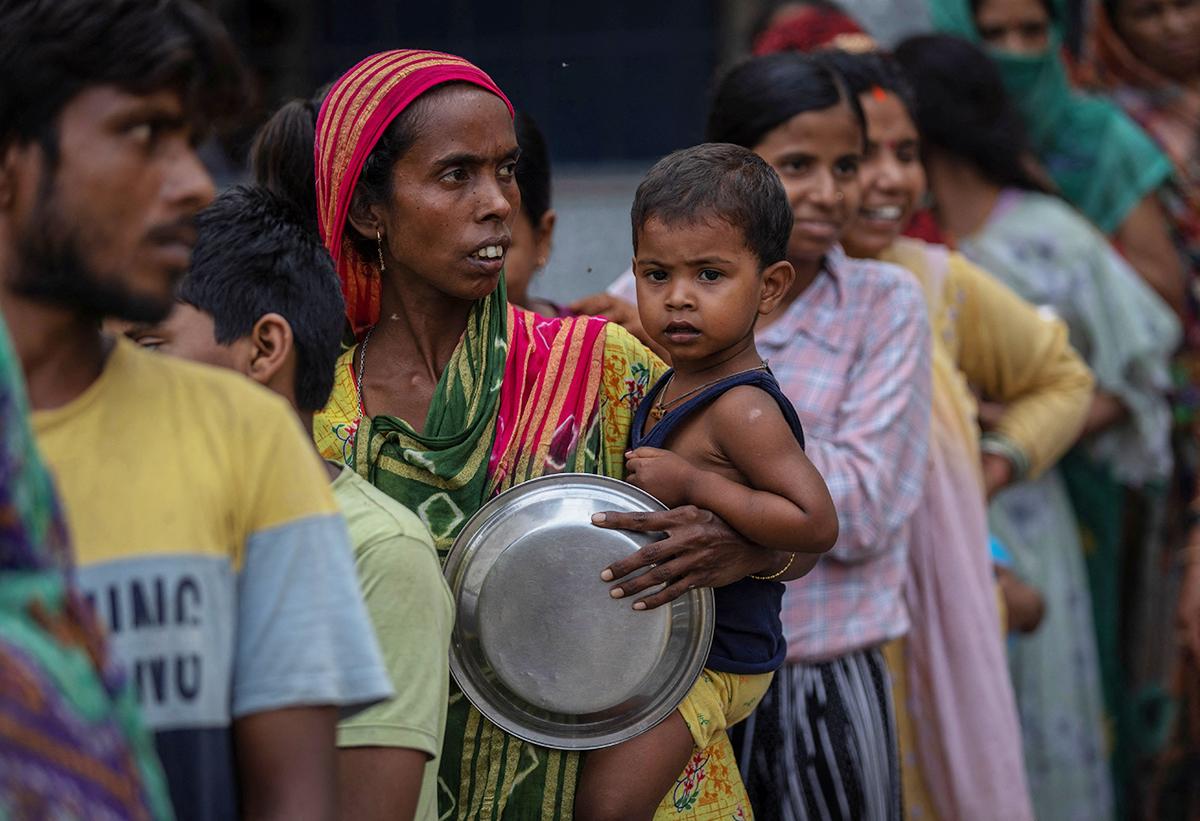6.7 Million Indian Children Have Zero Food
April 30, 2024 11:14

An international study published in Lancet Discovery Science a year ago has suddenly became a hot topic of discussion in India.
The study was conducted using the health surveys across 92 low-income and middle-income countries at various times between 1993 and 2021.
The study says India has the highest rate of 'Zero-Food' children after Guinea and Mali at 19.3% while the figures for the so-called poorer countries like Bangladesh and Pakistan are 5.6% and 9.1%.'Zero-Food' children is described as those who have not consumed any food in a 24 hour span.
Though the study used data from the Union health ministry's National Family Health Survey (NFHS), the ministry condemned it as 'malicious and a deliberate attempt to sensationalise fake news'.
What does the study actually expose?
"While we might squabble about whether the term zero-food is the most appropriate for what was being measured, it does not take away from the fact that there are massive deficits in India in infant and young child feeding, and compared to other countries which are even poorer, we perform poorly," Dr Dipa Sinha, assistant professor of economics at the School of Liberal Studies, Dr B R Ambedkar University, Delhi, tells Rediff.com's Shobha Warrier.
Read the interview here.





 © 2024 Rediff.com -
© 2024 Rediff.com -